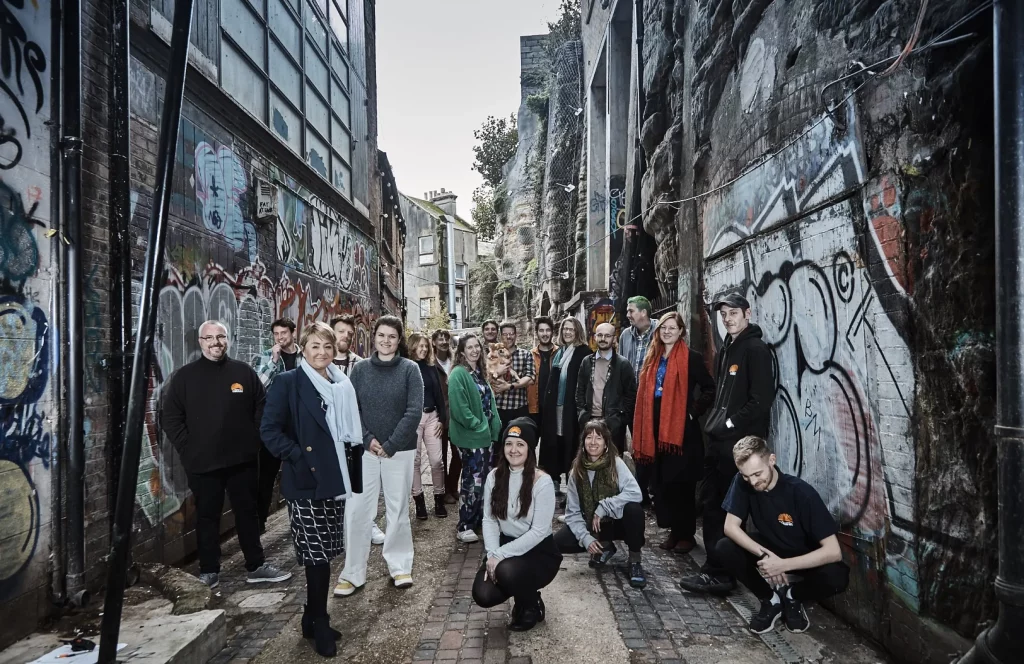The Centro Experimental de la Vivienda Económica (CEVE), part of the Asociación de la Vivienda Económica, works to make affordable housing accessible for low-income families. It researches and develops low-cost building technologies, provides training, and promotes social inclusion. CEVE focuses on creating sustainable building materials and complete construction systems, and its work has already helped build 4,200 homes for 18,000 people. Its projects encourage community participation, skill-building, and the creation of work cooperatives, often involving women as key participants.
Argentina faces a serious housing shortage, with almost half its population living in poverty. Public housing often produces expensive homes that poor families cannot afford. CEVE addresses this by combining housing solutions with employment opportunities and local development. It trains residents in construction and project management, offers advice to communities and governments, and runs a revolving micro-credit fund that has supported 500 families in building or improving their homes.
The organisation is innovative because it uses traditional materials in smarter ways, creates jobs for unskilled workers, and develops environmentally friendly methods, including recycling disposable materials into bricks and using fast-growing, renewable wood. It shares its knowledge widely across Latin America, influencing housing policies and promoting social inclusion.
CEVE’s work improves living conditions, health, and self-esteem by providing better-ventilated, safer homes. Its systems and training have been adopted in Argentina and other countries, including Brazil, Uruguay, Cuba, Honduras, and El Salvador. By partnering with Non-Governmental Organisations, governments, and the private sector, CEVE has created a sustainable model that combines affordable housing with social and economic development.





